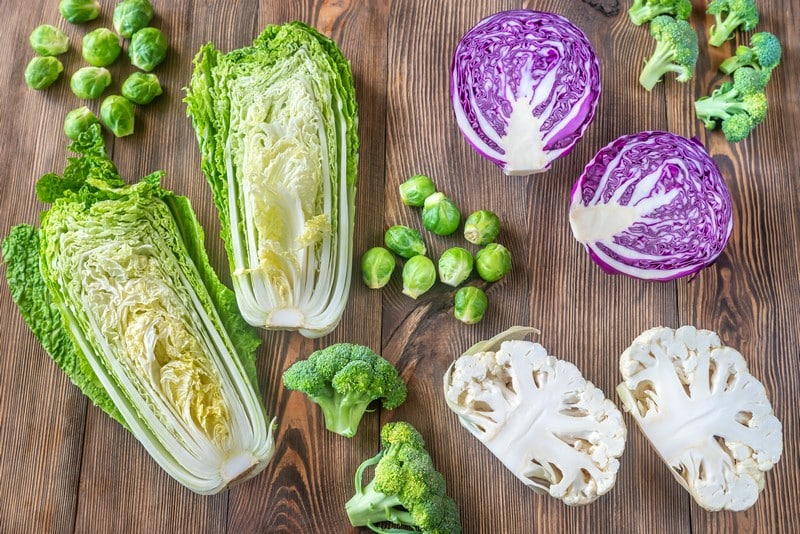The liver is a powerhouse organ as it performs many important bodily functions. These functions include filtering the blood, storing glycogen for energy, breaking down toxins, and producing bile to aid digestion. Because the liver plays such an important role in the body, it is crucial to keep it healthy. Unfortunately, this workhorse of an organ is often taken for granted, until something goes wrong.
Because the liver plays such a vital role in the body, it’s important to take steps to promote liver health. One of the best ways to do this is through good nutrition. A few key nutrients are especially important for liver health, including protein, fiber, and antioxidants.
Protein plays an important role in liver health as it synthesizes enzymes and hormones and ensures healthy cells and tissues. Dietary fiber is another important nutrient for liver health. Fiber helps to detoxify the body by binding to toxins in the digestive tract and preventing their absorption into the bloodstream. Fiber also helps to reduce cholesterol levels and promote healthy digestion. Finally, food containing antioxidants that protects cells from damage caused by free radicals. Here are the top foods to eat and avoid that promote optimum liver health.
Foods to Eat
Cruciferous Vegetables

The liver is the body’s primary organ for detoxification. It is responsible for filtering toxins and waste products from the blood. The liver accomplishes this by converting these toxins into less harmful substances that can be excreted from the body. Unfortunately, the liver is constantly bombarded with toxins from the food we eat, the air we breathe, and the water we drink. These toxins can overload the liver and prevent it from functioning properly. This can lead to a build-up of toxins in the blood, contributing to chronic diseases like cancer.
That’s where cruciferous vegetables come in. These veggies are packed with nutrients that help support the liver’s detoxification efforts. For example, cruciferous vegetables contain high sulfur-containing compounds like glucosinolates and sulforaphane. These compounds have been shown to stimulate enzymes that help break down toxins in the liver.
In addition, cruciferous vegetables contain high levels of fiber that encourage regular bowel movements, which aids in removing toxins and waste products from the body before they can be reabsorbed into the bloodstream. These veggies are also rich in antioxidants like vitamins C and E, which neutralize free radicals and prevent oxidative stress.










